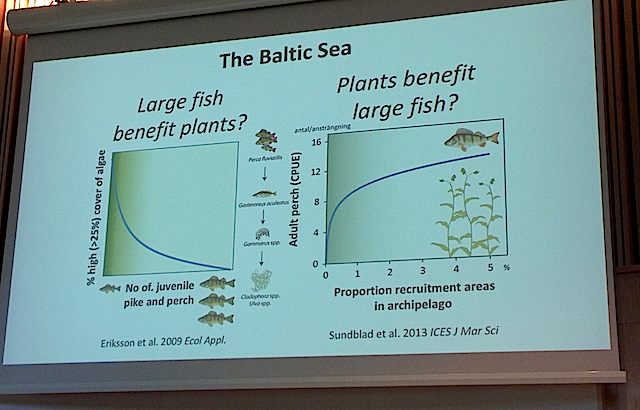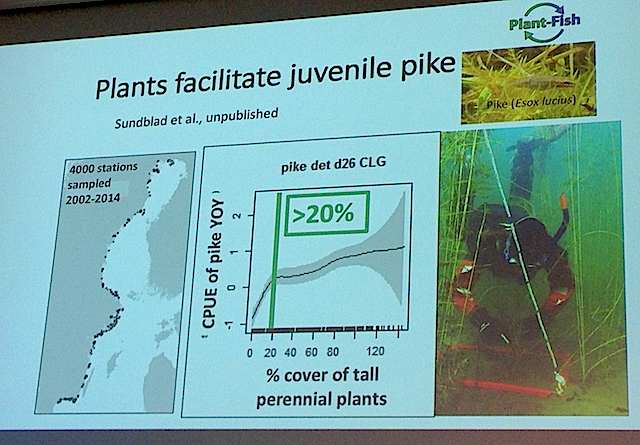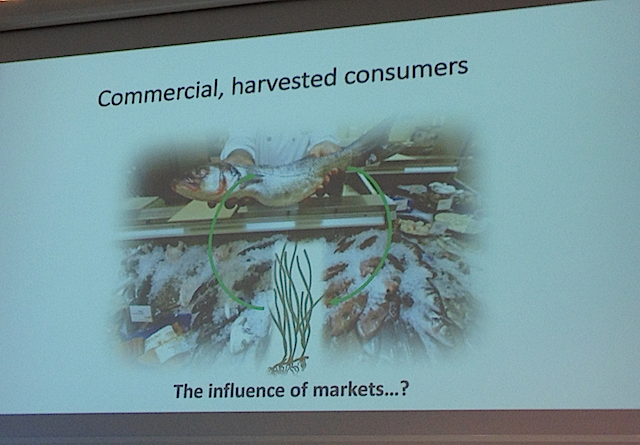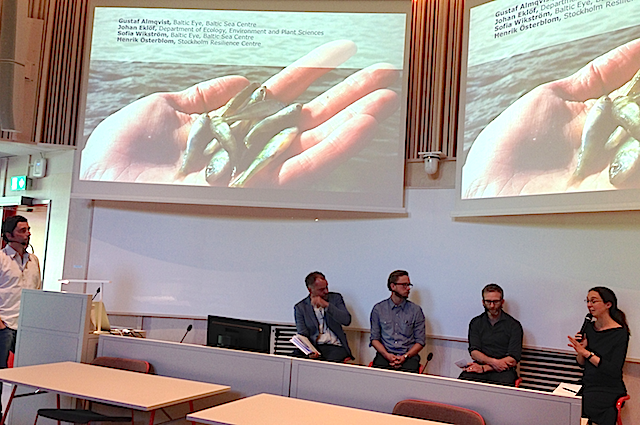A 2-year full time postdoctoral position in Baltic Sea Ecosystem Change is available starting 1 February 2018 (or as per agreement) at the Department of Ecology, Environment and Plant Sciences (DEEP). More information on the project and how to apply below (see also a second postdoc opportunity on Molecular Baltic Sea Ecology at the same department).
The project “Temporal change in Baltic Sea coastal, benthic ecosystems” aims to make use of an ‘unearthed treasure’ of data and archived samples from the Swedish national yearly monitoring program of phytobenthic communities in the Baltic Sea paired with existing data on abiotic factors and fish community surveys. The two main research questions are: How have coastal benthic communities along the Baltic Sea coast changed over the past 25 years, and to what extent are those changes driven by abiotic forcing vs. changes in trophic interactions? Have blue mussel diets changed in response to climate or nutrient loading; are changes occurring in both the Baltic proper and in the Bothnian Sea; and what are the consequences of altered diet for mussel body condition?
As most of the data exists, the focus of the work will be on isotope analyses of historical samples and/or causal time series analyses (e.g. multivariate ARIMA analyses).
The successful candidate will work in a team, that apart from the project leader Agnes Karlson, consist of Assoc. Prof Johan Eklöf and Dr Susanne Qvarfordt and Dr. Ellen Schagerström (at DEEP) but also with researchers at the Baltic Sea Centre and Department of Geology (Stockholm University).
The position involves full-time employment for a maximum of two years, with the possibility of extension under special circumstances. Start date 2018-02-01 or as per agreement. Applicants are expected to hold a doctoral degree. The degree should have been completed no more than three years before the deadline for applications. An older degree may be acceptable under special circumstances, which may involve sick leave, parental leave, clinical attachment, elected positions in trade unions, or similar.
Apply at the Stockholm university webpage:
http://www.su.se/english/about/working-at-su/jobs?rmlang=UK&rmpage=job&rmjob=4291
At the Department of Ecology, Environment and Plant Sciences at Stockholm University research and education are conducted in an international environment. The subject areas are marine and plant ecology, ecotoxicology, plant physiology and plant systematics. Some of the research has direct environmental and societal relevance and the approach is often broad and interdisciplinary. About 150 people work at the department, of which ca 60 are teachers and researchers and 50 are PhD students.
Further information about the position can be obtained from Assistant Professor Agnes Karlsson (project leader), agnes.karlson@su.se.
See also Postdoctoral Fellow in Baltic Sea Molecular Ecology
http://www.su.se/english/about/working-at-SU/jobs?rmpage=job&rmjob=4290&rmlang=UK





 Askö boathouse early spring morning
Askö boathouse early spring morning Sunset at Tvärminne in Feburary
Sunset at Tvärminne in Feburary